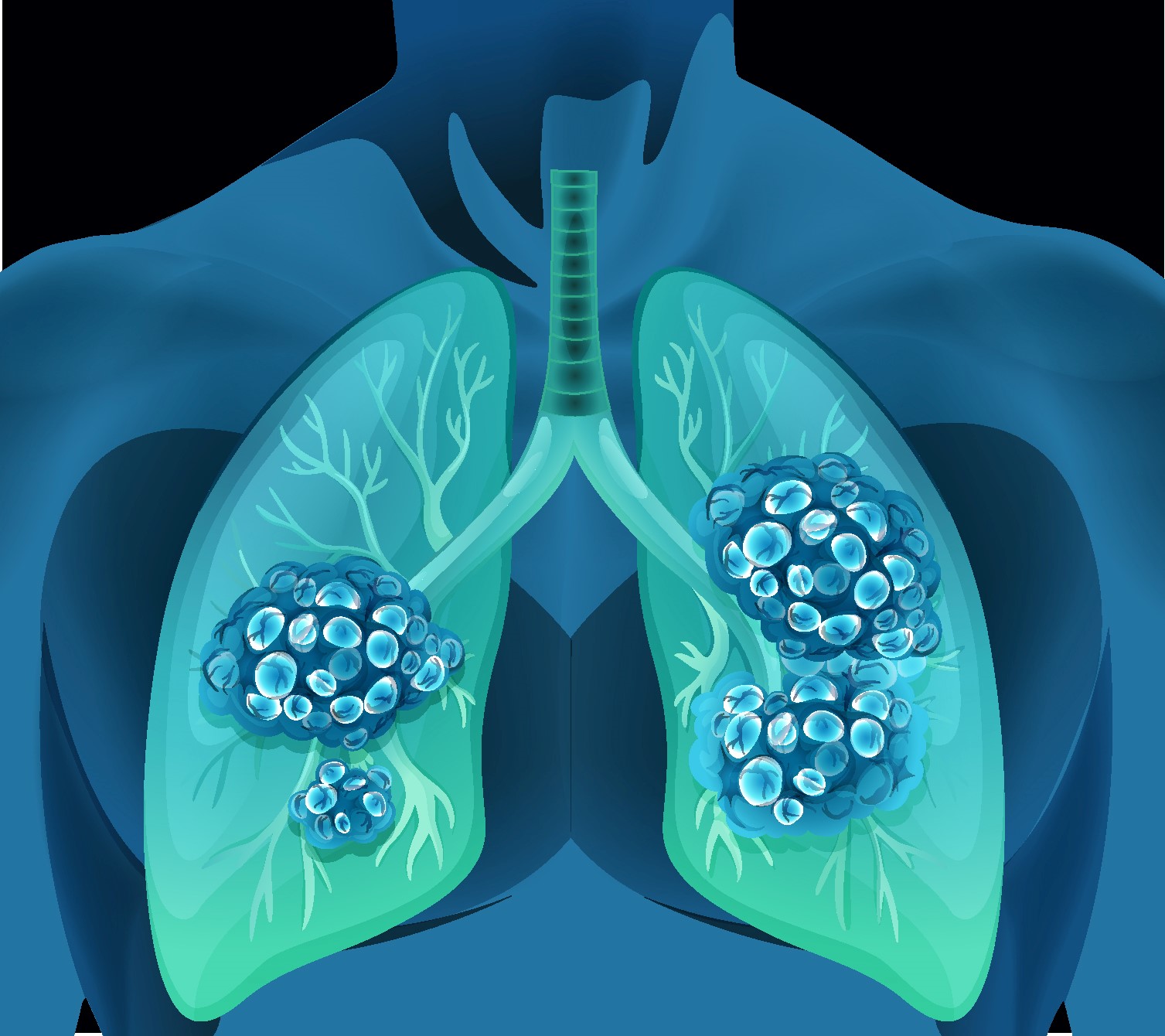Cystic fibrosis is the most prevalent inherited disease caused by a defect in the cystic fibrosis transmembrane conductance regulator (CFTR) gene. The impaired electrolyte homeostasis caused by the mutated or absent protein leads to symptoms in multiple organ systems. However, the pulmonary manifestation with chronic infections and eventually respiratory failure remains the most important threat. Until one decade ago, only symptomatic treatment was available. However, since 2012, different combinations of CFTR modulators are available for people with cystic fibrosis (pwCF) that carry different mutations. The advent of these drugs has impressively changed life expectancy and quality of life in people with cystic fibrosis and raised new challenges regarding long-term complications and tapering of conventional therapies.Conclusion: In this review, we provide an update on the latest developments around diagnostics, treatment, and prognosis of pwCF. What is Known: • Cystic fibrosis is an incurable and life-shortening disease asking for life-long symptomatic treatment. • Three combination CFTR modulating drugs has gained marked approval over the last 10 years. What is New: • The emerge of new (modulating) therapies contribute to the increasing life expectancy. • A high unmet need to develop new therapies for people with CF who cannot access or benefit from these drugs remains. This review gives an update on the current status.
A new era for people with cystic fibrosis.


